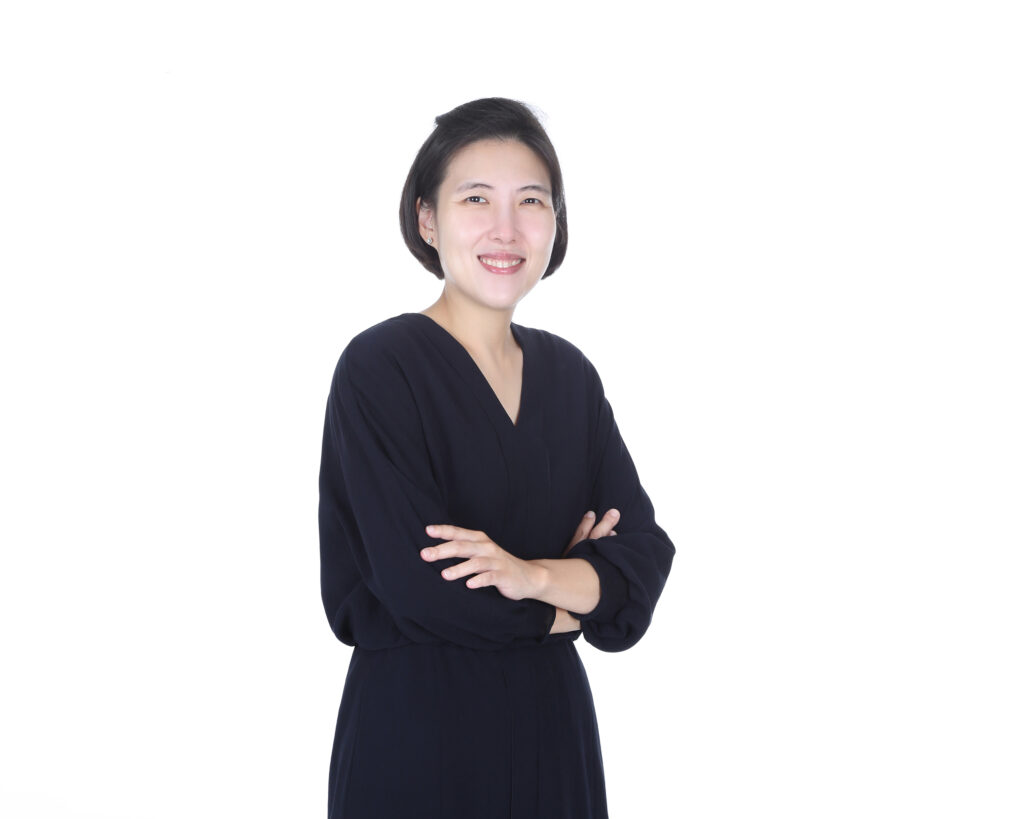Posted by Stephen Horowitz, Lecturer of Legal English

Since graduating from Georgetown’s Two-Year LLM Program last May 2024, Eunkwang Ha has been busy. And not just burning the midnight oil in her government job at South Korea’s equivalent of the Federal Trade Commission.
Ha had one article published in the South Carolina Journal of International Law and Business titled “Have you been to Orlando? In relation to the Regulation of Self-Preferencing in Antitrust Law.”
Here’s the abstract:
As a mother of two and a South Korean professional studying abroad in the United States, one of my top priorities for our family’s time here was to visit Orlando. My children had endured quite a bit of disruption as I pursued my professional goals, and I felt visiting Disney World and Universal Studios would be a bit of recompense. Although I wanted to use a package deal from a Korean travel agency, it was not a good choice because I needed to stay at hotels
connected to Disney World and Universal Studios. Due to the self-preferencing of Disney World and Universal Studios, staying at affiliated hotels was more advantageous and convenient for enjoying the theme parks. Orlando hotel price
hikes cannot be solely attributed to market competition; they result from monopolistic dominance and abuse of power by Disney and Universal Studios. The situation appears to have worsened over time, but U.S. competition authorities show no inclination toward regulation.This indifferent stance extends beyond Orlando, as these authorities tolerate self-preferencing on various platforms. We now live under the influence of dominant companies known as GAFA, a situation starkly highlighted in the 2013 Google case, where U.S. authorities gave a green light to self-preferencing practices that led to substantial fines and sanctions in Europe and South Korea, respectively. Amid growing concern about technology platforms’ power, competition authorities recently introduced five antitrust bills, aiming to strengthen the regulation of companies like Google and Amazon. However, judicial uncooperativeness and legislative failures hampered these efforts, and they continue to present challenges for the future. Addressing these challenges
will require a macroscopic perspective, emphasizing expert judgment over economic modeling. Comprehensive advocacy efforts should focus on common sense, historical experience, and ethical considerations. This is more crucial than refining economic models, as the notion that such models alone can prevail against large corporations in court is unrealistic. Agencies have limited resources for economic modeling, while business enterprises possess greater capabilities for not only modeling but also lobbying and legal expenses. Redirecting efforts from economic expertise to comprehensive public outreach is essential.
And then she also wrote a romance novel that won a competition in Korea which led to a Korean drama company purchasing the rights to the story which is now being made into a TV drama! She said the novel is pure romance and not law-related. But she was clearly honing her novel-writing skills while studying law at Georgetown, commenting in a recent email to me, “I remember how exciting it was as a novelist to write the hypothetical scenarios in your class.”

Ha additionally waxed nostalgically about her time at Georgetown Law and living in the US:
“It has been over four months since I left the U.S. and returned to Korea. I resumed my position as an Korean FTC official in September. These days, we are in the midst of the national audit, so there have been occasions where I have had to stay up all night working. But even though I have been back in Korea for a while, I still can not forget the beautiful natural landscapes of the U.S. and the relaxed, friendly people. I have many fond memories of my time there. I still remember how exciting it was as a novelist to write the hypothetical scenarios in your class.”
We have many fond memories of you and your Two-Year LLM classmates as well, Eunkwang. 🙂

Are you an alum of the Two-Year LLM Program who wants to share an update? Just email Stephen Horowitz at sh1643@georgetown.edu and share your update. We’re always glad to hear from you.





